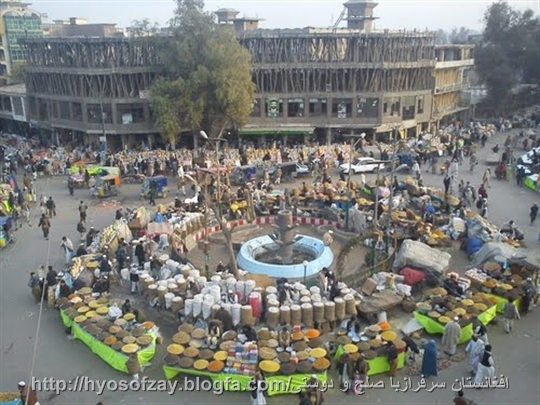RASC News Agency: Local sources in Nangarhar report that the Taliban have barred youths from staging protests against Pakistan. A civil activist, speaking on condition of anonymity, revealed plans to hold a peaceful demonstration on Friday, December 27, in Jalalabad, protesting Pakistan’s military airstrikes in Paktika and Khost provinces. According to the source, the Taliban’s intelligence unit intervened, denying permission for the demonstration and warning the organizers of severe consequences, including imprisonment, should they proceed. The Taliban have yet to issue any official statement on the matter.
This development comes as the Taliban acknowledged the death of 45 civilians predominantly women and children during Pakistan’s airstrikes on the Barmal district in Paktika. These events bring into sharp focus the Taliban’s deep-rooted ties with Pakistan’s intelligence apparatus. The Taliban’s emergence, growth, and eventual return to power have been inseparable from Islamabad’s strategic support. Pakistan’s Inter-Services Intelligence (ISI) has played a pivotal role in the Taliban’s resurgence. The ISI head personally escorted Taliban leaders to Afghanistan’s Presidential Palace following their takeover. Pakistani military forces also provided critical air support during the Taliban’s assault on Panjshir. The ISI chief’s highly publicized visit to Kabul, where he presided over the Taliban’s cabinet formation while sipping coffee in full view of the media, remains a symbolic representation of Pakistan’s influence.
For the first two years of Taliban rule, Pakistan’s foreign ministry often functioned as the regime’s unofficial spokesperson, advocating for its recognition on international platforms. However, recent airstrikes targeting Afghanistan territories have led some to speculate about tensions between the two. This perception, however, is contradicted by the Taliban’s overt alignment with Pakistan, evidenced by their outright prohibition of even peaceful protests against their benefactor. These actions underscore a grim reality: the Taliban’s allegiance to Pakistan overrides any semblance of national autonomy, leaving Afghanistanis without a voice in expressing their grievances against foreign aggression.






